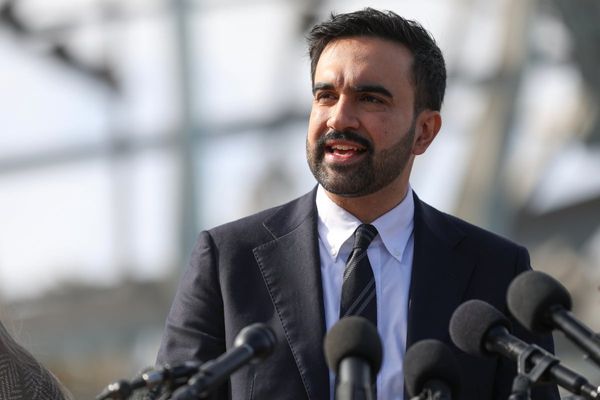
By the time the lights go out on race day, the action - for many Formula 1 fans - has already been underway for several hours. On Instagram, people are sharing photos of the drivers’ paddock entrance outfits, and on TikTok, edits of the qualifying highlights set to dramatic soundtracks are circulating. Fans are re-posting drivers’ social media selfies, breaking down reports from journalists in the paddock on YouTube and Twitch, or creating their own content from the grandstands. This isn’t just regular sports fandom - it’s a cultural movement. And at the heart of it are Gen Z women.
The 2025 Global Fan Survey, conducted by Motorsport Network in conjunction with Formula 1, offers illuminating insights into the role that young people are playing in F1’s growth.
Three out of four new F1 fans this year are women, and more than half identify as Gen Z. Once considered the domain of motorsport loyalists, F1 has become a crossroads of technology, speed, personality, performance and pop culture. But crucially, this emerging demographic doesn’t see a trade-off between loving the strategy, innovation and engineering and being drawn to the aesthetics of a luxurious, global championship.
While legacy fans cited childhood traditions or family ties as their reason for following F1, newer fans said they’re drawn to the thrill of the races, and have a strong affinity for the drivers. The fact that they’ve actively opted into the series naturally makes them more incentivised to engage with content, attend races in-person, and purchase merchandise or shop from brands associated with F1. Engaging this demographic - young women with a strong influence on household purchases and potential for brand loyalty - is something F1 could have only dreamed of two decades ago.
Of the survey’s Gen Z respondents, 70% said they feel that F1 represents a status or image that appeals to them. For these newer fans, it reflects identity, values and social interests: they follow F1 not just for what it is, but for what it represents. Exclusivity has long been a key part of F1’s appeal - and now more than ever there’s social clout to be gained from posting a photo watching the Monaco Grand Prix on a yacht. However, fans are looking for ways to engage that feel authentic and participatory, so it remains essential that drivers, teams, sponsors and even content creators are able to bridge the gap between aspiration and access for long-term success and cultural relevance.

Speaking of content, many new fans don’t just want to be consuming it, they want to create it. More than half of all survey respondents regularly re-share F1 social media videos, and in the US, 70% of the study’s Gen Z respondents said they engage with F1 content daily. While the on-track action remains at the core of the series for all fans, young people are engaging on a deeper emotional level, and have a more dynamic, always-on relationship with F1. This is thanks, in part, to many Gen Z women who have built strong communities online where the conversation continues long after the chequered flag is waved.
At the heart of this modern fandom are the drivers. It’s arguably F1’s most unique selling point: if you want to dive head-first into a series you’ve just discovered via a Netflix show, or social media - great news! - there are only 20 athletes you need to know. It makes F1 far less intimidating than other leagues with hundreds, if not thousands, of athletes. Two-thirds of surveyed fans said they feel personally inspired by the drivers, not just on-track, but as individuals. A decade ago, Lewis Hamilton was one of F1’s only global icons. Today, even the driver sitting 20th in the standings has fan pages. As a result, newer fans are more likely to form identity-based connections with F1, and cited driver personalities and narrative drama as key drivers of engagement.
And despite the passion, F1 fandom remains surprisingly non-tribal. Unlike other series, where fans often identify with one team to the exclusion of all others, F1 offers a more expansive cultural identity. You’re not just a Ferrari fan or a McLaren loyalist - you’re supporting the series as one entity, and that inclusivity makes it less intimidating for newcomers.
At its core, Formula 1 is still defined by performance, innovation, and tradition, but the way fans connect with it has evolved. Modern fandom, especially as shaped by Gen Z women, isn’t fragmented - it’s layered. This emerging demographic isn’t just watching from the sidelines, they’re co-creating, building community and re-imagining the series as a place where fashion, lifestyle and aspiration sit comfortably alongside race strategy and speed.







